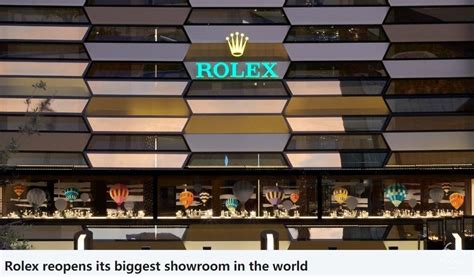国际奢侈品营销
- 百科
- 2024-05-05
- 1062
Title: Crafting a Successful Luxury Marketing Strategy in the UK
Crafting a Successful Luxury Marketing Strategy in the UK
Marketing luxury goods in the UK demands finesse, sophistication, and an acute understanding of the market's nuances. From heritage brands to contemporary designers, the British luxury market is a dynamic landscape shaped by tradition, innovation, and evolving consumer preferences. Here's a comprehensive guide to crafting a successful luxury marketing strategy tailored to the UK:
The UK luxury market boasts a diverse array of consumers, from affluent locals to international tourists. Understanding demographic trends, such as the rising purchasing power of millennials and the influence of highnetworth individuals, is essential. Additionally, recognizing the significance of iconic British brands alongside the allure of international luxury houses is crucial.
British luxury is synonymous with tradition and heritage, but success in the modern market requires a delicate balance between honoring legacy and embracing innovation. Craft compelling narratives that celebrate your brand's history while leveraging digital platforms and cuttingedge technologies to engage contemporary consumers.
Effective luxury marketing in the UK hinges on crafting a distinct brand identity and compelling storytelling. Emphasize craftsmanship, exclusivity, and authenticity in your messaging. Engage consumers through immersive experiences, whether through experiential events, bespoke services, or captivating visual storytelling.
Seamless omnichannel experiences are paramount in luxury marketing. From flagship stores in prestigious locations like Bond Street to sophisticated ecommerce platforms, ensure consistency across all touchpoints. Offer personalized services, exclusive perks, and seamless transitions between online and offline channels to enhance the luxury shopping experience.
Collaborations with influential partners can amplify your brand's reach and prestige in the UK market. Partner with renowned artists, designers, celebrities, and cultural institutions to create buzzworthy campaigns and limitededition collections. Strategic alliances with luxury hotels, private members' clubs, and highend concierge services can also elevate brand visibility and exclusivity.
Understanding the mindset of discerning luxury consumers is essential for success. Tailor your marketing efforts to resonate with their values, aspirations, and lifestyle preferences. Leverage customer data and insights to deliver personalized experiences, anticipate needs, and cultivate longterm loyalty.
The luxury landscape is constantly evolving, driven by shifting consumer trends and sociocultural dynamics. Stay agile and responsive to emerging trends, whether it's the growing demand for sustainable luxury, the rise of experiential retail, or the influence of digital natives. Continuously innovate your products, services, and marketing strategies to stay ahead of the curve.
Measure the effectiveness of your luxury marketing efforts through key performance indicators (KPIs) such as brand awareness, customer engagement, and sales performance. Analyze data, gather feedback, and iterate your strategies accordingly. Maintain a dynamic approach, continuously refining your tactics to adapt to market dynamics and consumer preferences.
In conclusion, crafting a successful luxury marketing strategy in the UK requires a nuanced understanding of the market landscape, a compelling brand narrative, seamless omnichannel experiences, influential partnerships, and a deep connection with discerning consumers. By embracing tradition while embracing innovation and staying agile in response to evolving trends, luxury brands can thrive in one of the world's most dynamic and competitive markets.
